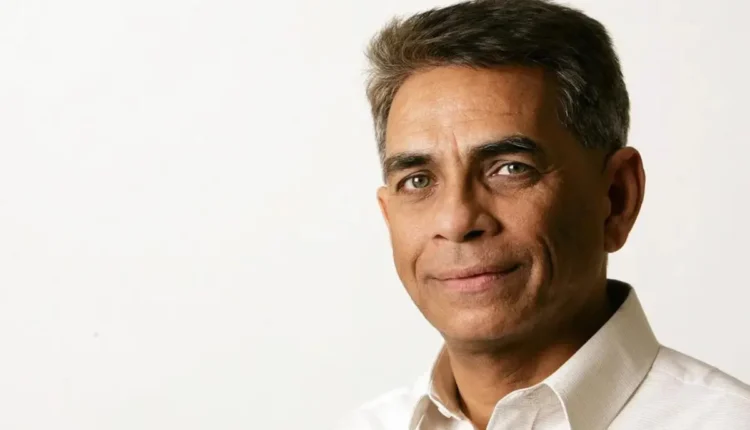In the vast landscape of Canadian academia and politics, few figures stand out as prominently as Salim Mansur. A Professor Emeritus of Political Science at the University of Western Ontario, Mansur has made significant contributions to political discourse, particularly in the realms of free speech, democracy, and the relationship between the West and the Muslim world.
His work, often controversial, is marked by an unwavering commitment to his principles, making him a figure of inspiration for many who value intellectual freedom and political integrity.
Early Life and Academic Pursuits of Salim Mansur
Born in Kolkata, India, Salim Mansur’s journey to becoming a prominent voice in Canadian political thought is a testament to his resilience and intellectual rigor.
After moving to Toronto, Ontario, Salim Mansur pursued his doctorate in political science, laying the foundation for a career that would see him engage deeply with some of the most pressing issues of our time. His academic work, particularly in the fields of foreign policy and area studies concerning the Middle East and South Asia, has been widely recognized for its depth and insight.
Mansur’s academic career has not been confined to the classroom. He has been an active contributor to various publications, including National Review, the Middle East Forum, and Frontpagemag. As a columnist for the London Free Press and the Toronto Sun, Mansur brought his sharp analysis to a broader audience, often addressing complex issues related to the Muslim world, Islam, and global politics.
A Voice for Pluralism and Democracy
Salim Mansur’s work extends beyond academia and journalism. He is a member of the board of directors for the Center for Islamic Pluralism in Washington, D.C., and a Senior Fellow with the Canadian Coalition for Democracies.
These roles highlight his commitment to promoting democratic values and religious pluralism, particularly within the context of the Muslim world. Mansur has been a vocal critic of Islamist extremism, advocating for a version of Islam that is compatible with democratic principles and human rights.
One of Mansur’s most notable contributions in this area was his involvement with Canadians Against Suicide Bombing, a group that successfully lobbied for the amendment of Canada’s Criminal Code to explicitly recognize suicide bombing as a terrorist crime. The passage of Bill S-215 in December 2010 was a significant victory for the group and a testament to Mansur’s determination to see justice served.
Political Involvement and Advocacy
Mansur’s dedication to his principles has also led him into the political arena. He was a candidate for the People’s Party of Canada (PPC) in the 2019 Federal election, a decision that underscored his commitment to free speech and political reform. Prior to this, Mansur held the Conservative nomination for London-North Centre, though he was disqualified by party leadership—a move that only strengthened his resolve to stand for what he believes is right.
Mansur’s political views are characterized by a deep skepticism of both Islamist extremism and what he sees as the complacency of Western governments in dealing with these threats. His outspoken criticism of the Taliban, which he compared to the Khmer Rouge of Cambodia, led to severe backlash and even ostracism from his local mosque.
Despite the personal costs, Salim Mansur has remained steadfast in his beliefs, arguing that his faith is a private matter and that his primary duty is to Canada and its constitution.
Notable Viewpoints and Controversies
Throughout his career, Salim Mansur has not shied away from controversy. His views on the Israel-Palestine conflict, for example, have often placed him at odds with mainstream opinion.
Salim Mansur has consistently expressed strong support for Israel, describing it as a “miracle” and a “robust and inclusive democracy” in a region often marked by turmoil. He has argued that the Palestinians missed an opportunity for statehood when they refused to accept Israel’s existence and reconcile with the rights of the Jews in Jerusalem and the Holy Land.
Mansur has also been a vocal skeptic of the mainstream scientific consensus on climate change. In the wake of the 2009 Climategate scandal, he argued that the revelations “falsified” the theory of man-made global warming, suggesting that some climate scientists were motivated by financial gain rather than genuine concern for the planet. While these views have sparked significant debate, they are consistent with Mansur’s broader critique of global institutions and his belief in the importance of independent thought.
Also Read:Harbhajan Mann: A Cultural Icon in the World of Punjabi Art

